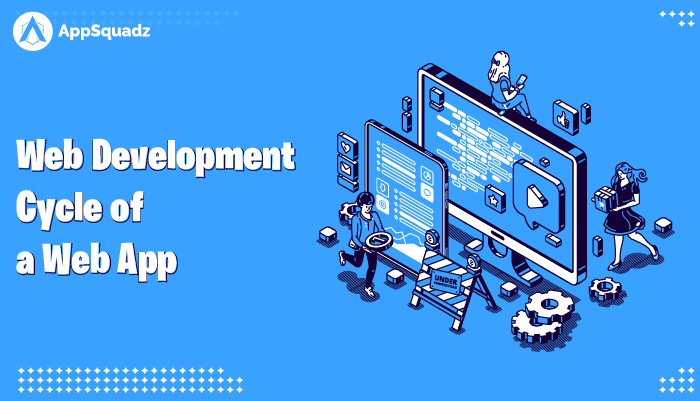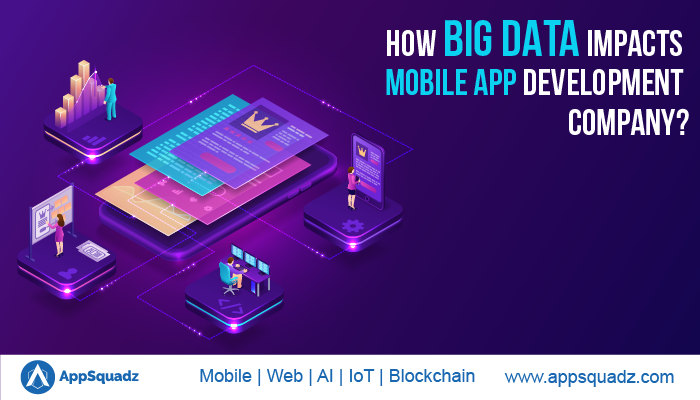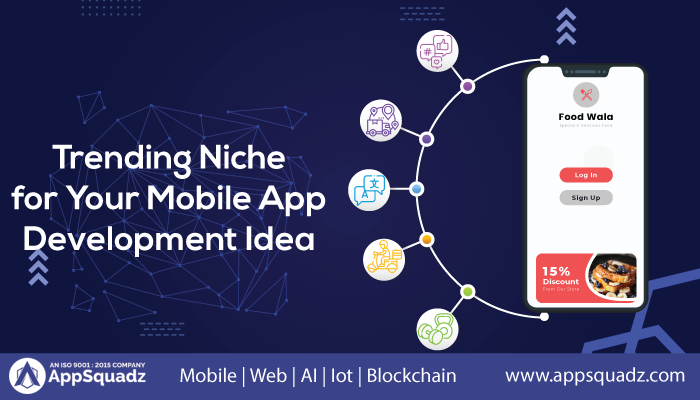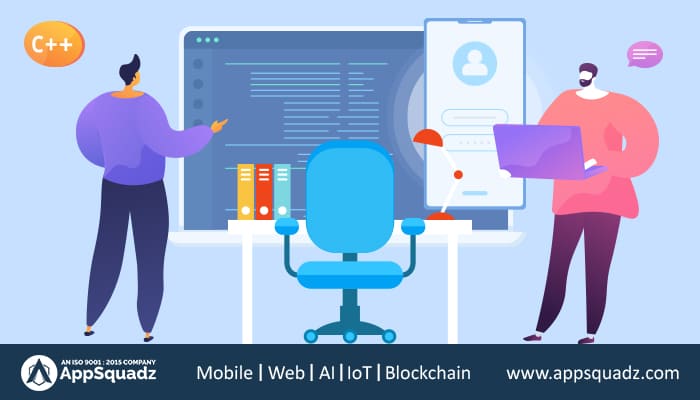With the revolution in information technology, many businesses shifted their offline business models to digital applications. Today, web development is considered the most effective solution for many brands to make their services reachable. Moreover, the difference in online presence comes in Native apps for mobile phones and web applications. Today, we all use a mobile application to make sales and purchases of more than one product and get them on time.
What is Website Development & Web Application Development?
Web app development refers to the process of website development, which is an overview of the business. In contrast, a web application is different from a mobile website. To be more concise, The Web App is simply a website designed to offer a fluid manner to view a mobile device. Moreover, the process of web development is more differentiated than that of a mobile application. Web applications were developed to interact with the browsers, servers, and different platforms.
Difference Between Mobile App vs. Web App
Unlike mobile apps, web applications need not be downloaded; users can access them through their browsers. In comparison, web apps are less efficient in user experience than native mobile applications.
A Native application works on a mobile phone that offers the users the ability to perform several tasks hassle-free. At the same time, the capability of web apps is more defined and distributed in nature. Therefore, a web application is fully functional and accessible on whatever device a user chooses as they run on a browser. They can also run efficiently on any device if they use the correct code base and web technologies.
Advantages of Web Apps
Web development can be much more than what we might presume right now. So let’s now discuss some of the advantages as mentioned below:
- Web apps can work on a browser. Hence they need not be downloaded and installed.
- This online software is much easier to maintain as they have similar codebases.
- Free web series apps are simple and faster to build than mobile applications.
- Updates can be automatically done on a web app to provide greater functionality without users doing anything.
- Web Apps can be launched more quickly as App store approval is not required.
Advantages of Native Mobile Apps
- These applications are much faster than web development apps.
- Native apps are capable of utilizing system resources like GPS or a camera.
- Mobile apps can function without the internet.
- These mobile apps offer high security and the safety of users’ data.
- These apps are much easier to develop
The Process of Web App Development
Web applications are built using JavaScript, HTML & CSS, and Python. Therefore, these applications do not require any standard software development kit for building web apps. However, developers generally use various templates, and in comparison to mobile apps, web apps are quicker and easier to make. Yet these applications do not offer simple functionalities, and they can be much more complex in features and functions.
The process of Web development by the best web app development company is as follows:
Requirement Understanding
The very first process is of understanding the requirement of web application development. Here, the developers use various methodologies and details to build unique software.
UI/ UX Designing
With web application development, user interfaces are designed with the utmost uniqueness. Because they offer maximum working and the web applications are made to allow users to complete their work with proficiency.
Application Development
Once the template is designed, the final application development phase starts. At this phase, the developers use various codes for web development. Moreover, they use different security encryptions to make the application secure for users. Also, they make the application responsive to operate over various platforms.
Software Testing
Once the application is made, the quality analyst team check the final application on various platform to check its quality. Furthermore, they also check the application’s performance and see its reliability for the future. Finally, they mark the web app as a quality certified.
Deployment
At last, the web app is shared with the deployment team, who makes sure the final application is shared with the client properly. They also educate the clients about the working of their web development software.
Support
The Support team works 24*7 to resolve the customer query.
Web Application Examples
Modern times require modern technology to work on. Hence with the help of web applications, the users can manage work efficiently. Therefore, today, web applications include shopping carts, word processors, online forms, spreadsheets, video and photo editing, file conversion, and file scanning.
Some free web series apps we use in our everyday life are Gmail, Yahoo, AOL, Google Apps, and Microsoft 365. Moreover, Google has shifted the work proficiencies by introducing apps like Google Docs, Google Sheets, G-Drive, etc. Hence, by web development, you can easily manage our work and share the content with all team members.
Benefits of Web App & Types of Web Application
A web application is a modern method of working online. It helps in managing work efficiently. Here, we have mentioned some benefits that you can leverage with Web applications:
- Web apps can run on any OS as long as the browser is compatible.
- All users have access to the same version, eliminating the compatibility issue.
- Less space is required as they are not installed on a hard drive.
- Terminate the problem of web development software piracy
- It is an effective method of cost-cutting due to less support and maintenance.
Web App Types
There are the following types of Web development prevalent in the market in modern times:
- Static Web Apps: Static web apps work efficiently in offline mode, and there is no need for 3rd party software to be installed.
- Dynamic Web Apps: Helps manage the content, users, and updating the information. For example- Netflix, Facebook, and HubSpot
- Single Page Apps: These apps allow for managing route and navigation experience. It helps to keep consistent visual structure using presentation logic. For example- PayPal, Gmail, and Pinterest
- Multiple Page Apps: These apps allow for optimizing each page for search engines and user interaction with different pages. For example – Google Docs and Trello
- Animated Web Apps: With animated web development, users can get unique designs and attractive approaches to hold their attention. Usually made for Education, Games, Animation, and more. For example – Game of the year, Species in pieces, & Your Plan, Your Planet
- Content Management System: These websites are mostly preferred for website content, and offer group functionality with easy integration. For example – WordPress, Joomla, & Drupal
- E-Commerce Apps: These apps allow users to sell goods online and expand businesses globally. For example – Amazon, eBay, & Walmart
- Portal Web Apps: All the documents, and information are centralized, making users search for things according to their preferences. For example – Udemy & Coursera
- Progressive Web Apps: These applications are responsive, allow browser compatibility, and offer hassle-free online and offline working. For example – Starbucks, BMW, & Spotify
Web Development Future
The future of website development is much more technology agonistic and focuses more on implementing innovative, unique architectures. Hence, the PWA, SPA, serverless architecture, and Motion UI will trend in the near future. Whereas the general technologies we are already using like AI, IoT, Blockchain, and Voice Search will prevail in the markets.
Moreover, this year’s other trends were Dark Mode UI, Accelerated Mobile Pages (AMP), AI-Powered Chatbots, Mobile-first Design, and API-first Development.
[Related post: Choosing the Right Technology Stack & Maximize the Bang for your Web App Development]
Wrap-Up
A web application is much more essential for businesses to operate professionally. Today, many services are run on web-based software that helps these businesses manage their services operationally. Hence, we showed you the web development cycle to help you visualize a better future for yourself. Therefore, AppSquadz helps make unique and interactive Web Applications that can uplift your business proficiencies.
FAQs
Q. What is a Web Application?
A web application is a website designed to offer fully-functional features that can be viewed on a mobile device.
Web Application Examples:
The web app examples are shopping carts, word processors, online forms, spreadsheets, video, photo editing, file conversion, and file scanning.
Q. Web-Based Application Development Process
The application development process is as mentioned below:
- Requirement Understanding
- UI/ UX Designing
- Application Development
- Software Testing
- Deployment
- Support
Q. How To Become A Web App Developer?
Use the following web development software to become a successful and professional web app developer:
- Web.com
- Angular JS
- Chrome DevTools
- Sass
- Grunt
- CodePen
- TypeScript
- NPM
Q. What Are Web App Types?
Here is a list of web apps prevalent in the market:
- Static Web Apps
- Dynamic Web Apps
- Single Page Apps
- Multipage Apps
- Animated Web Apps
- Content Management System
- E-Commerce Apps
- Portal Web Apps
- Progressive Web Apps








